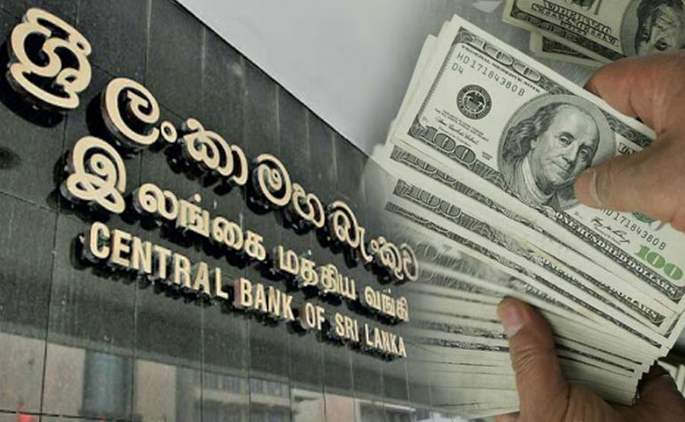Tomorrow the governor of the central bank is scheduled to hold a briefing for the MPs. This is something Satan masquerades as a doctor. Hence, instead of listening to Kamal Gunaratna’s Nandikadal Jataka, MPs are to raise certain questions from the CBSL governor.
Printing money is an easy job. But goods and services cannot be printed. Otherwise, although Rs 5000 notes are able to print, petrol,dal sugar, etc. cannot be printed.
Because of this, when more money is printed, the demand increases. Demand for goods increases result prices rising. A continuous increase in the price of goods is known as inflation. As CBSL printed money without control, it caused inflation.
When the government prints money, it comes to the public. Subsequently, people use that money to buy petrol, sugar, milk, and electrical appliances. Those are imported items by paying dollars. Another fact is that, although Rupees can be printed Dollars are not. As a result, It creates a Doller shortage. Accordingly, it drives into an economic crisis
Accordingly, central bank has taken 2 serious actions to the crisis
1. Raising interest rates
2. Restriction of imports
Raising interest rates in simple language.
Through this initiative, the Central bank expects to reduce the demand to buy goods and services and direct that money into bank savings. otherwise, It is planning to increase bank savings by paying more interest. it is worthy to note, this is a theory of economics.
This can say more simply. That is discouraging people from buying petrol, milk, electronics etc. and encourages that money to deposit in the bank savings. (The reverse action of printing money.) This theory in economics is called `Cool off the economy”.
Will this theory works on the ground? Currently, the interest rate for bank deposits is 17%. But inflation is 58%. That means if you put money in the bank, the profit is 17%, and the loss due to inflation is 58%. In such a situation, people do not deposit money in the bank. (Buying a vehicle, electronics, etc. is profitable .) The theory of ‘Cool off the economy’ does not work.
Nevertheless, Increasing the interest rate will exacerbate the crisis. Currently, banks are giving loans at a high-interest rate of 28%. Businesses are not started by taking loans at high interest. Also, by raising the interest rate, the overdraft (OD) facilities obtained from the bank will have to pay high interest. It is a cause negative impact on business.
Lending is the main financial tool by that banks make profits. When interest rates rise, people borrow less. Such a scenario causes a negative impact on the banking system
Now let’s talk about import restrictions in simple language.
There are three categories of imports in Sri Lanka. These are consumer goods, intermediate goods, and investment goods. The largest portion is intermediate goods, which is 57%. Textiles and textile accessories, leather, metals, chemicals, and fertilizers are some examples of this.
This category is an input for production. Imposing restrictions on these goods will cause the country’s production to decrease
By imposing restrictions on these goods, a large number of businesses were closed down. On the other hand, the export income decreased
When the country is facing a crisis, it is dangerous to apply the book theories as it is. The economy of Sri Lanka collapsed because of such applications
There are a few more questions to ask the central bank governor
1. Why was Parliament not informed, that it was unable to pay the debt before it was announced to the media?
2. Does government institutions have defaulted on loans taken from commercial banks?
3. Millions of foreign exchange are lost due to spot purchases, Why not order the essential goods in advance?
4. Over the past period, the central bank controlled the rupee against the dollar at great cost. Are we still maintaining that system?
5. What are the details of outstanding to be paid by the government to the local suppliers?
6. How much money has the government borrowed from EPF,ETF account? Are those funds safe?
7. Raising interest rates has a negative impact on the stock market, what is the situation in Sri Lanka?







